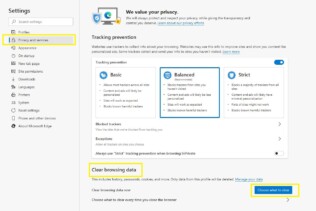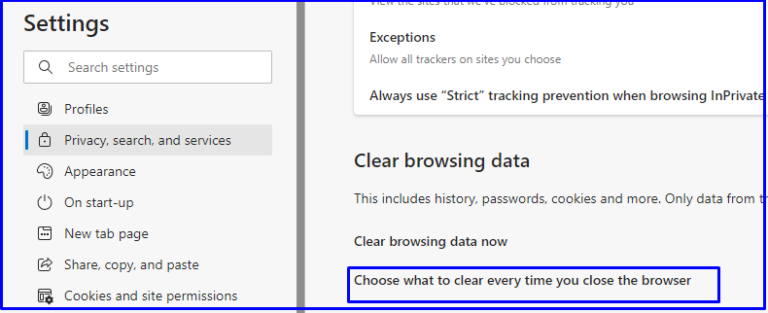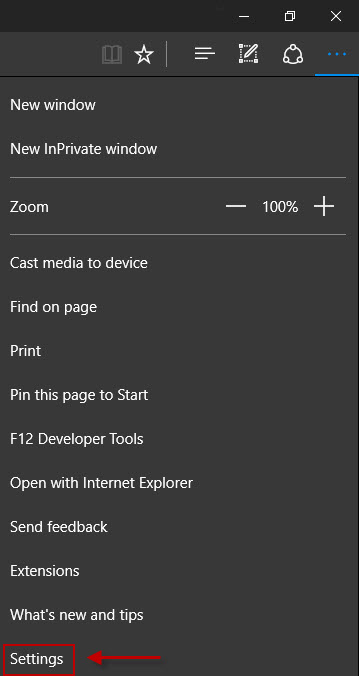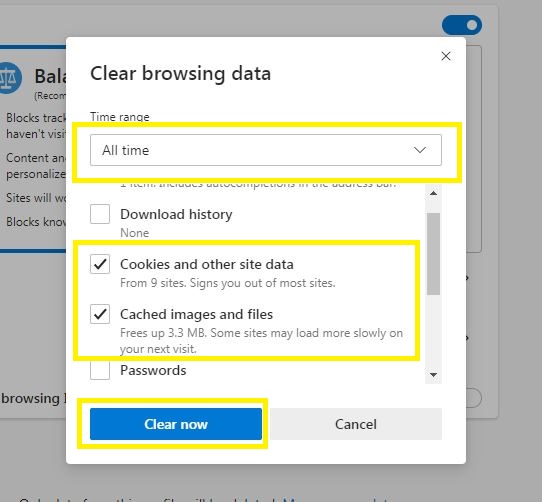

Brendan Eich didn’t even push his political preference onto Firefox, all he did was donate in an efforts to pass Proposition 8 in California in 2008, which banned same-sex marriage in the state. In regards to Brendan Eich being forced out as Mozilla’s chief executive and later establish Brave, I don’t agree with you. Also, you can pay by crypto currency to support content creators so there is no need to see ads if you dislike them that much.


I don’t know if you ever opened Brave one time, but there is an option to turn off all ads, like a normal adblock.

It’s true that Brave wants to insert their own advertising in the browser, but I see no problem with this as long as it is not being tracked by them (to protect your privacy) and can be turned off. Similarly, each thing separately would bother me, but would be easier to overcome if it were the sole major negative associated with the browser- the combination, though, is hard to overcome.Īlso, when we talk about privacy (Which is what the article was about- A new feature in Chrome that may reduce user privacy in some cases), there are better solutions to that than a browser who’s end game is to control all of the ads you see on the Internet through it’s browser and target them to you. I am not saying that either of these are necessarily absolute deal killers if our browser choices were more limited, but, fortunately, they are not. Brave is owned by anti-gay person who’s spent big money in support of laws that restrict their rights and against changes that would expand them to parity with the rest of us. So, in the end, you’ll be viewing ads on that platform, just not the ads that the sites you visit actually run that benefit them without Brave as a middle man.Ģ. That’s been a public thing they’ve talked about since day one. Their long-term plan is to insert their own advertising in place of the advertising originally on the page. A couple thing to consider before switching to Brave:ġ.


 0 kommentar(er)
0 kommentar(er)
